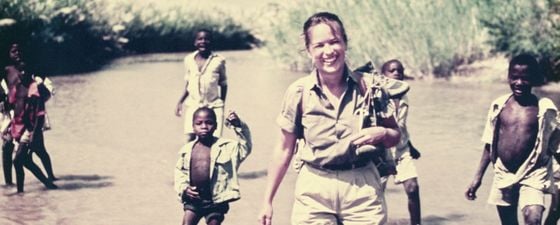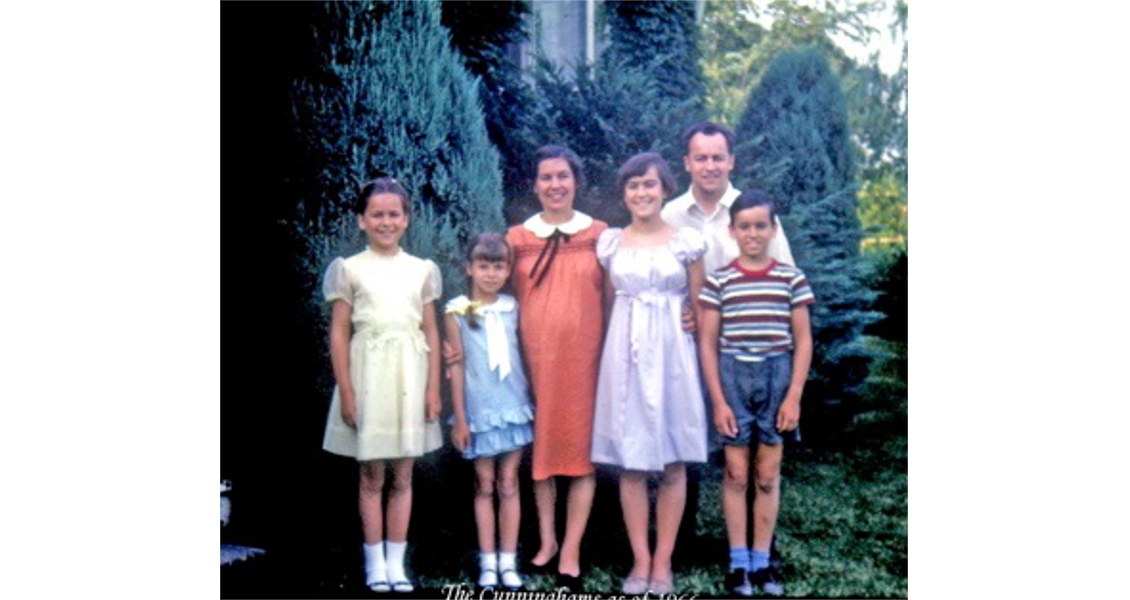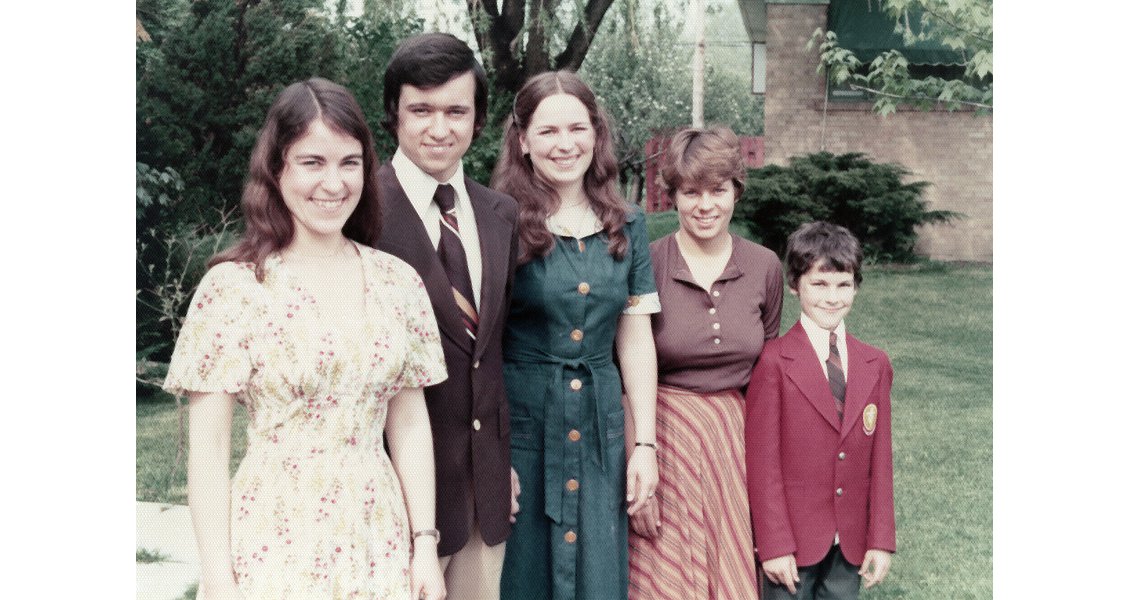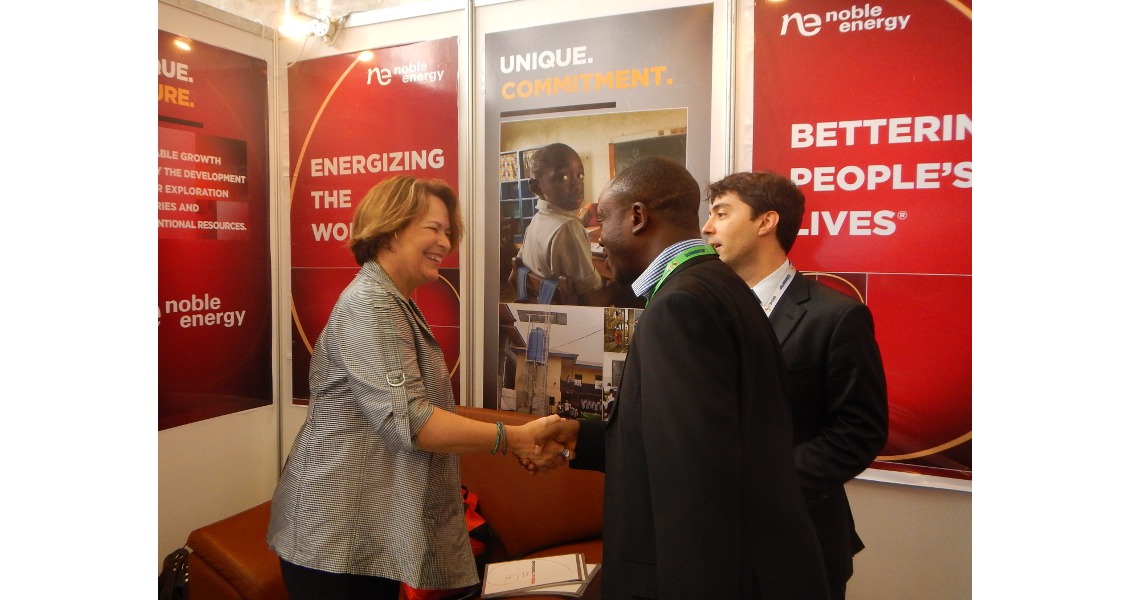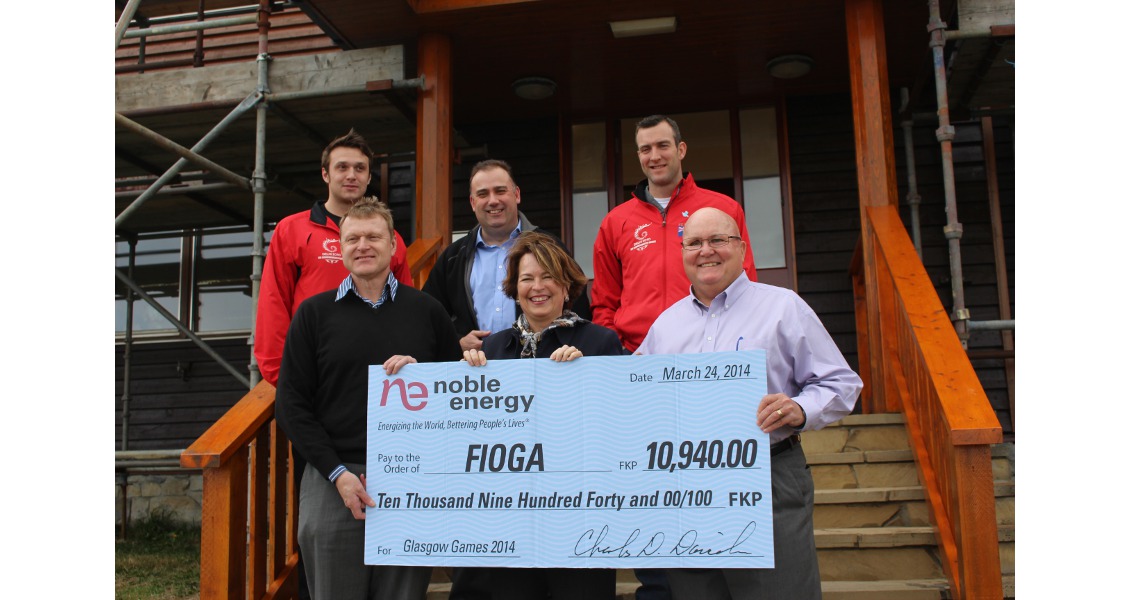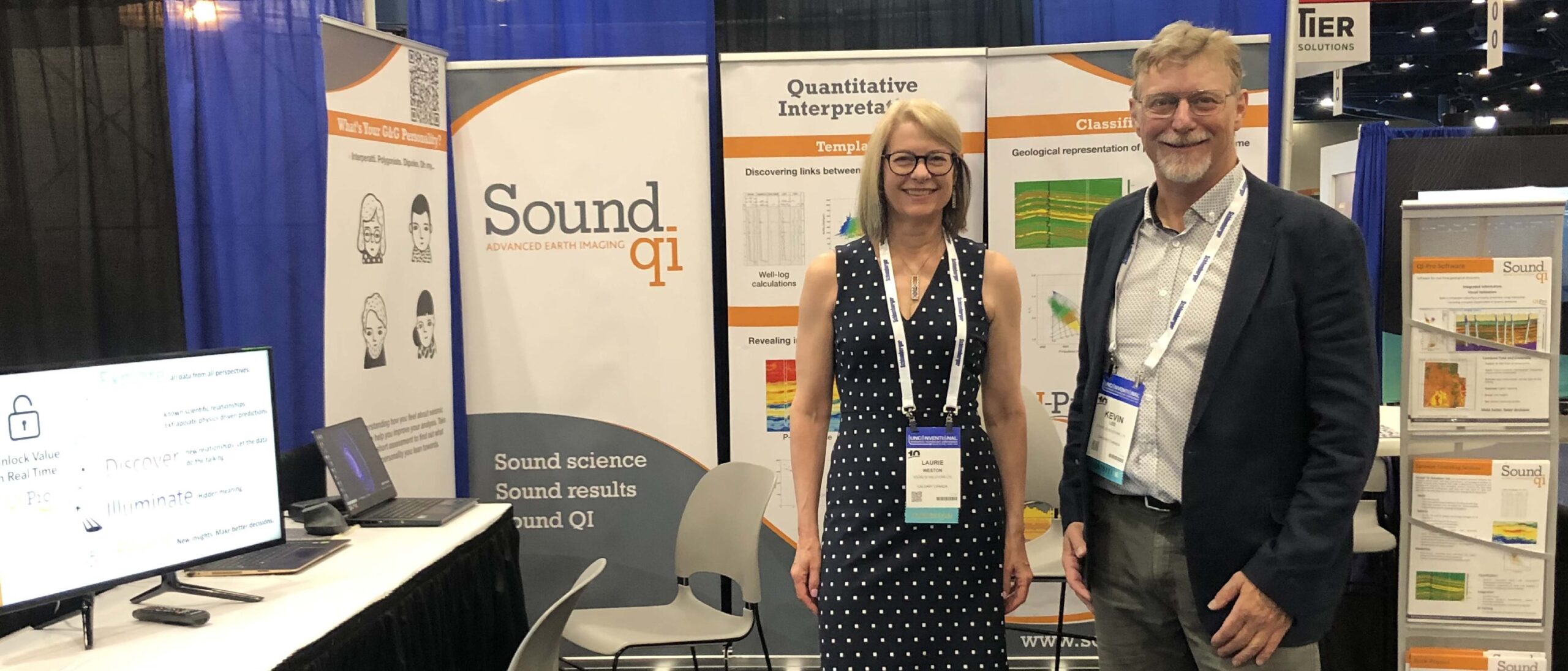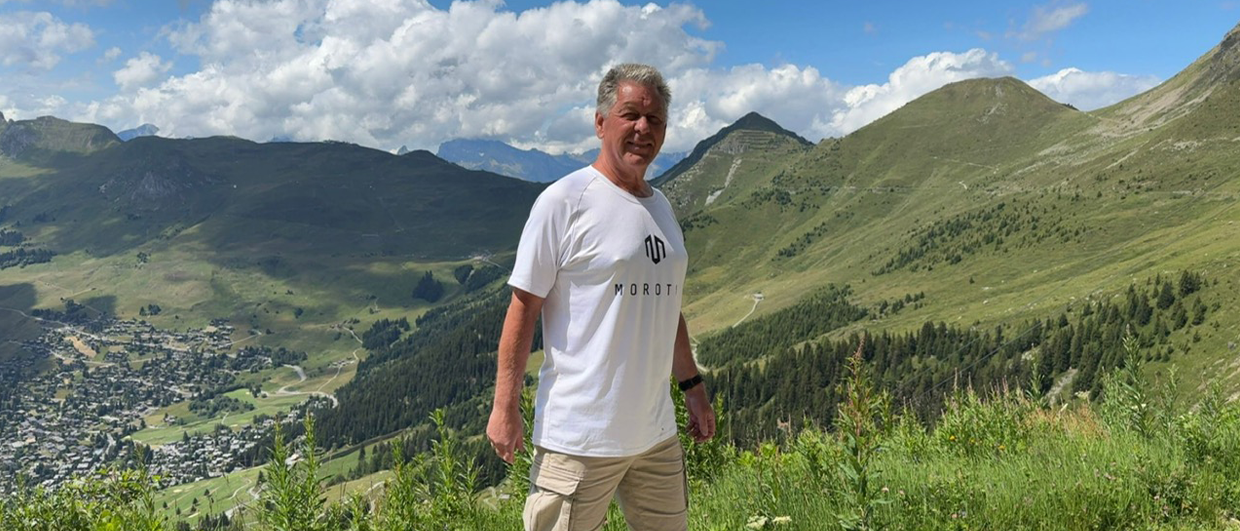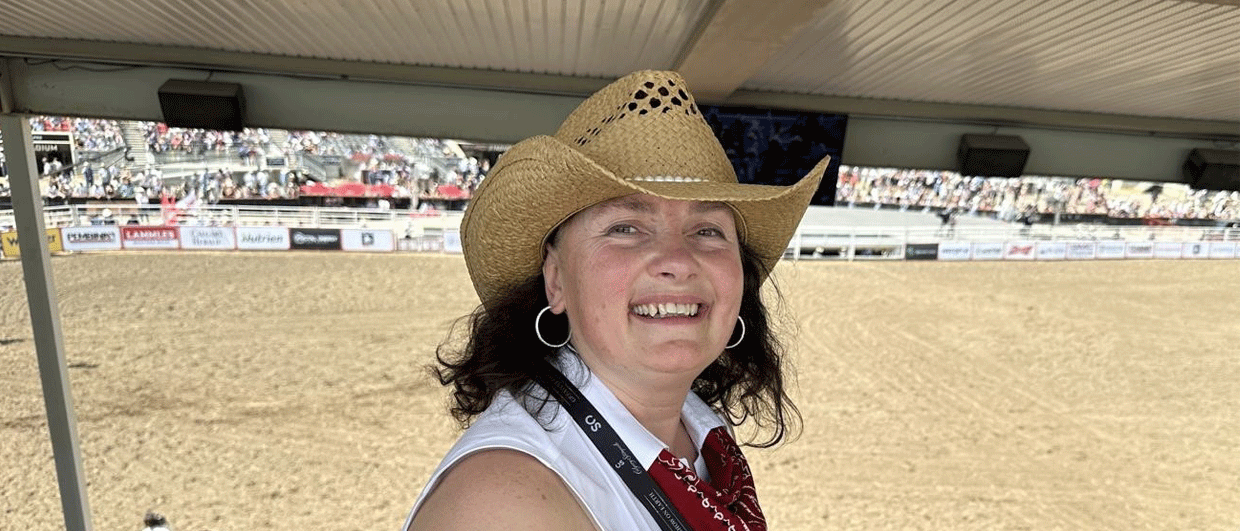She has spent practically her entire career as a passionate explorer, taking the earth apart as if it were a puzzle to find oil and natural gas in places often missed by others.
Yet it wasn’t until Susan Cunningham – a geologist and executive vice president of Exploration, New Ventures, Geoscience, EHSR and Business Innovation at Noble Energy – moved up the professional ladder that she realised the value of self-exploration and its unexpected connection to finding hydrocarbons.
As a woman in the industry, Cunningham once believed she needed to ‘act like a man’ to be competitive. After some heartfelt introspection, that idea is long gone. Relying on her finely honed skills as a geologist, an ability to build solid, interdisciplinary teams, and a strong intuition, Cunningham has created a corporate culture that insists on creativity and unconventional ideas. She has revamped exploration at Noble, which has evolved into a high-quality global exploration company. And, she is not afraid to admit that the process involved a bit of emotion.
Exploring the Earth
Cunningham’s curiosity about the earth began as a child in Toronto, Ontario, Canada, where she often asked her mother why a mountain rose to awesome heights in a particular place. Her interest in landforms continued into college, prompting a counsellor to suggest that she study geology.
After accepting a job with Amoco Corporation in the United States in 1981, she requested extra time to drive from Calgary to Houston to take in the majestic landscapes of Yosemite National Park, the Grand Canyon and Carlsbad Caverns. While at Amoco, Cunningham began breaking barriers by becoming the company’s first female country manager as well as its first female domestic exploration manager in the deepwater Gulf of Mexico. After 17 years, she joined Statoil, and a short time later, Texaco, as a vice president of Exploration.
In 2001, Noble Energy approached her, with big ideas in mind.
“When she joined, people at Noble thought they knew how exploration worked, but our track record told a different story,” says Charles D. Davidson, former chairman, president and CEO of the company, explaining that he recruited Cunningham for her passion, creativity, visualisation, determination and desire to help people. “She doesn’t accept ‘good enough’ when she knows ‘outstanding’ can make a big difference. She defends her position and sometimes it’s against high odds.”
Looking Inward
Starting at Noble Energy as senior vice president of exploration, Cunningham knew her ability to be assertive and speak her mind helped get her there.
“When you’re first starting out and you’re trying to find your way, you adapt to the environment you’re in,” Cunningham says. “That meant – to me – very specifically that I had to be one of the guys. It meant ‘for God’s sake, don’t be emotional.’”
While those traits served as assets on her climb up, she quickly realised they became liabilities for a leader. In her quest to ramp up Noble’s exploration programme, which at the time consisted mostly of single-well prospects, Cunningham believed she could raise the bar to unprecedented heights. “But something was in the way,” she recalls. “It was like the glass ceiling.” For Cunningham, that glass ceiling was the demeanour she brought into her new role. “It started out as this fight to get your way, but who wants that? I didn’t feel like people heard my thoughts to the degree that I wanted them to when I thought I had value to add.”
Concerned, she hired a life coach who encouraged her to look inward, be herself, and make genuine connections with people.
“That assertive and demanding person – that’s not leadership. That’s the stick,” Cunningham learned. “In leadership, it’s not about me getting it done. It’s about the organisation getting done what needs to be done. That meant I had to be authentic and connect with myself – as a person and as a leader – in order to really connect with other people. And because I’m female, that had to be a part of it.”
She tested that newly found advice by calling an important meeting about five years after joining the company. At the time, Noble was spending exploration dollars to drill small wells along the Shelf and Gulf Coast to keep production flowing. “I wanted to do something dramatically different,” Cunningham says. “I had a vision, and I wanted to enroll everyone in it.”
She wanted to discover 1 billion barrels of oil equivalent in five years.
“That was one of the scariest times leading a meeting that I’d ever had. Basically, I said we all had to go for it. I believed everyone wanted to make a big difference. No one really wants to muddle along,” Cunningham recalls. “I was taking a huge risk. I became so emotional, I just let the tears out.” The room fell silent, all eyes fixed on Cunningham. Her first thought: “OK, I’m connecting.”
A New Era for Exploration
By 2012, Noble Energy had found more than 2 Bboe – essentially doubling Cunningham’s initial goal. She credits the success with the connection she began making with her colleagues, and the hard, determined and inspiring work of the organisation that followed. “People connect with people who are really committed to something and who are vulnerable in it,” she says. “One of the leaders came up to me and said, ‘I really thought I was committed, but I can tell I’ve got to up my game big time.’ That’s when I learned not to hold back.”
With the reins in her hands, Cunningham took Noble into material exploration prospects around the globe – all with significant running room, according to Dave Stover, chairman, president and CEO of Noble. “She was really breaking out new plays,” he says. “It had a huge impact on the company’s growth and resources.”
The company broadened its base as it moved into the deep waters of the Gulf of Mexico and expanded its limited presence into Equatorial Guinea and Israel, and later into other countries that many operators avoided.
Cunningham took a ‘big picture’ view of exploration and advised the leasing of multiple blocks at a time to take advantage of low entry costs. If a prospect proved successful, then a powerful play had the potential to open up rather quickly. “You can’t just look at one prospect in one country,” she says. “You need to ask, ‘What are the other opportunities for success if this one prospect works out?’” She applied that thinking in Equatorial Guinea, Cameroon, Israel, Cyprus, Gabon, the Gulf of Mexico and, most recently, in the Falkland Islands.
Although the company made a modest natural gas discovery off the coast of Israel in 2000, an opportunity to move into deeper waters came in 2007. The New Ventures team had passed on the prospect, but Cunningham had another hunch. After she learned about the opportunity, she challenged Noble’s Gulf of Mexico deepwater experts to take a closer look. “It ended up being a string of the largest natural gas discoveries we’ve made as a company,” Davidson says of the Tamar field, with 10 Tcfg, and the Leviathan field, with 22 Tcfg. Today, natural gas from Tamar fuels more than 50% of Israel’s electricity generation.
Similarly, when an opportunity to enter the Falkland Islands came in 2011, many believed the harsh climate and politics made the prospect too risky. After three weeks of reflection, Cunningham called a meeting to revisit the idea. “She took a strong stand and sold it to the executive team and then sold it to the board of directors,” Davidson recalls. “This had a place in the portfolio.” Results from the company’s first exploration well are expected in the third quarter of 2015.
Breakthrough Thinking
Noble Energy has upped its number of successful plays in large part because of processes used by Cunningham’s organisation called ‘Exploration Excellence and New Ventures Excellence’, which was recently nominated for the Noble Energy CEO Award for Business Innovation. One of those processes is ‘breakthrough thinking’.
Before going into a new country, Cunningham builds strong interdisciplinary teams and challenges team members to explore prospects with a macrocosmic view – tearing the geology apart and setting all biases aside. All issues and risks – geological, economical and political – are assessed so ‘thoughtful’ decisions can be made. Perhaps most importantly, Cunningham encourages her teams to toss every idea around the conference room – no matter how outlandish some might seem.
“It’s about getting the genius out of each other,” Davidson says. “It’s about being able to take risks and feeling comfortable to speak out. When everyone says, ‘That’s impossible,’ it forces you to think creatively. What would it take to achieve a real breakthrough?”
For many years, Noble operated in the Niobrara Formation of the DJ Basin in Colorado, drilling vertical wells. Initially unable to make horizontal drilling work, the company engaged in the breakthrough thinking process, and a slew of highly productive horizontal wells came on line. Today, sales volumes from the DJ Basin represent more than a third of the company’s total sales volumes.
“Susan is good at looking at things from a different angle,” Davidson says. “She’s demanding, but she gives others the time and space to figure it out.”
Breakthrough thinking became infectious – even during the 2010 Deepwater Horizon incident, which prompted the federal government to suspend all drilling in the Gulf’s deep waters. Leaving behind a ‘woe is me’ mentality, Noble’s drilling team met with the government’s Minerals Management Service to discuss how permitting and well design should be revised, Davidson says. Subsequently, the company was given the first permit to return to the Gulf and resume drilling operations.
Looking Outward
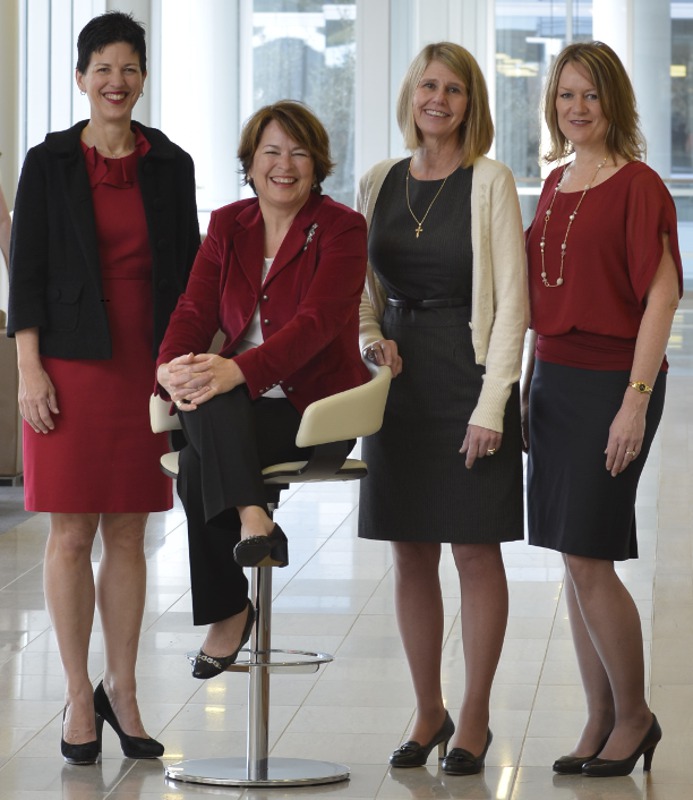 Susan Cunningham (sitting) poses for a photo with Noble Energy leaders (from left to right) Amy Jolley, Lee Robison and Cathy Molitoriss for an ad to support the Women’s Energy Network. (Source: Noble Energy)Around 2008, as Cunningham’s connection with her colleagues grew, she began looking outward at the people in Equatorial Guinea and other countries where Noble Energy operated. She planted the seed of bringing Corporate Social Responsibility (CSR) to the company’s operations.
Susan Cunningham (sitting) poses for a photo with Noble Energy leaders (from left to right) Amy Jolley, Lee Robison and Cathy Molitoriss for an ad to support the Women’s Energy Network. (Source: Noble Energy)Around 2008, as Cunningham’s connection with her colleagues grew, she began looking outward at the people in Equatorial Guinea and other countries where Noble Energy operated. She planted the seed of bringing Corporate Social Responsibility (CSR) to the company’s operations.
“Sometimes we forget in the industry that we have no right to be anywhere. We are leasing from people, and they have to want you there,” Cunningham says. “Part of being wanted is connecting with people, understanding what their issues are and how you can help besides making a difference with dollars.”
Noble has since built a global CSR programme, with its most notable activities taking place in West Africa. Achievements include participation in a partnership that launched an anti-malaria campaign, which has reduced the malaria parasite by 70% in children under 15 since 2004, as well as underwriting a programme to develop a vaccine for malaria that is currently in a trial period. It has also funded programmes to train health care workers in Equatorial Guinea, Cameroon and Sierra Leone to prevent, identify, control and treat the Ebola virus. In addition, Noble has provided an 18-month course abroad to train local people to operate oil and natural gas facilities.
Cunningham’s concern for people also extends into the realm of the environment, health and safety – especially during a time when the practice of hydraulic fracturing in the United States is often misunderstood.
“At Noble Energy we focus on people, making sure they are safe and that the environment they live in is healthy, that the air they breathe is clean, and that their drinking water is safe,” she says. In fact, Noble – working with other operators and the Environmental Defense Fund – helped develop the country’s first methane emission regulations in Colorado.
With raw emotion in her voice, Cunningham explains that she believes that caring for people should be a natural extension of the industry – as the industry is, after all, run by human beings.
“In the end,” Cunningham says, “as I’ve been learning through this leadership journey, it’s all about people.”

